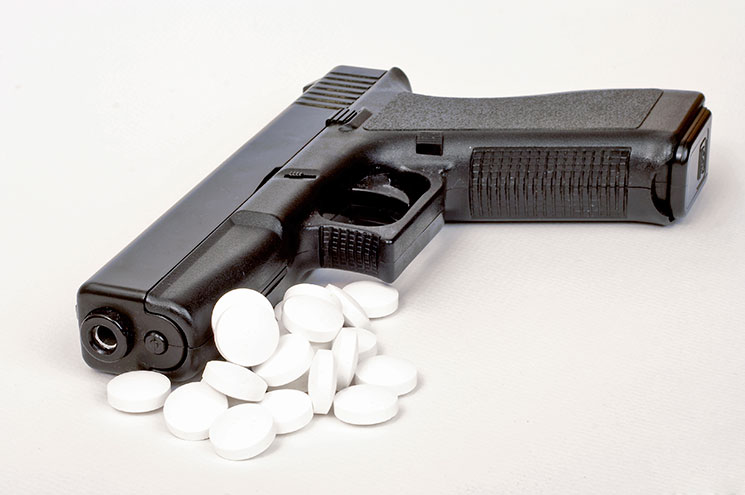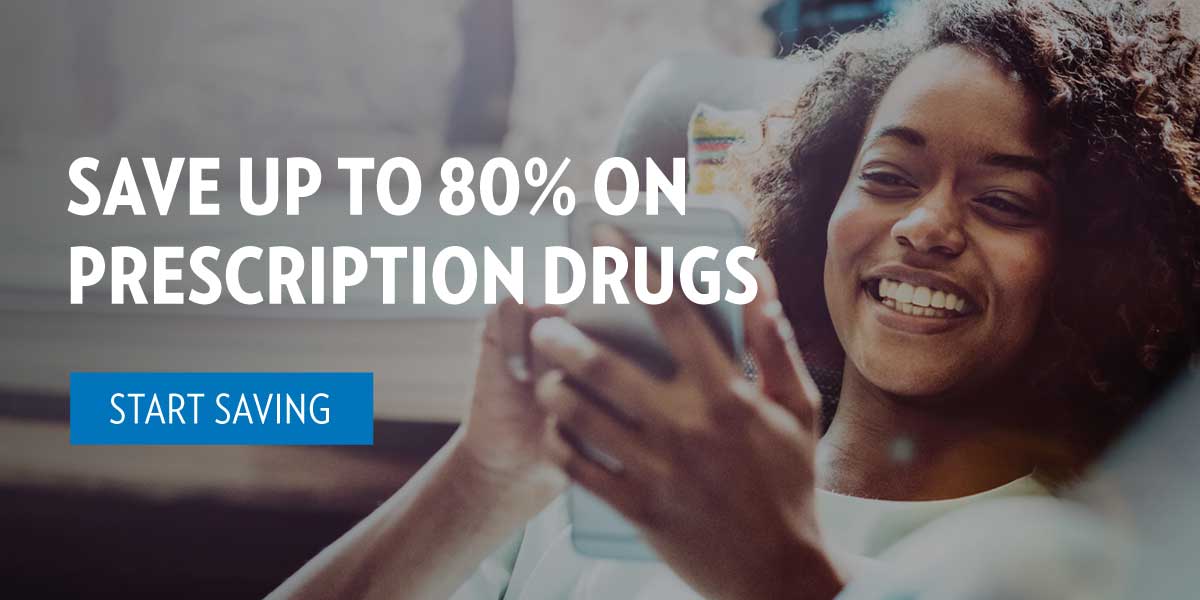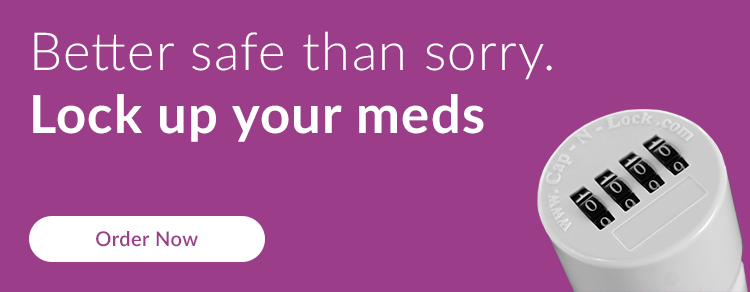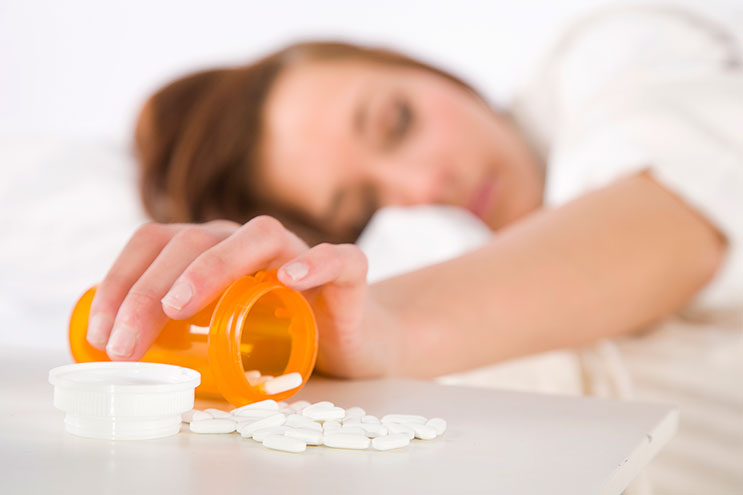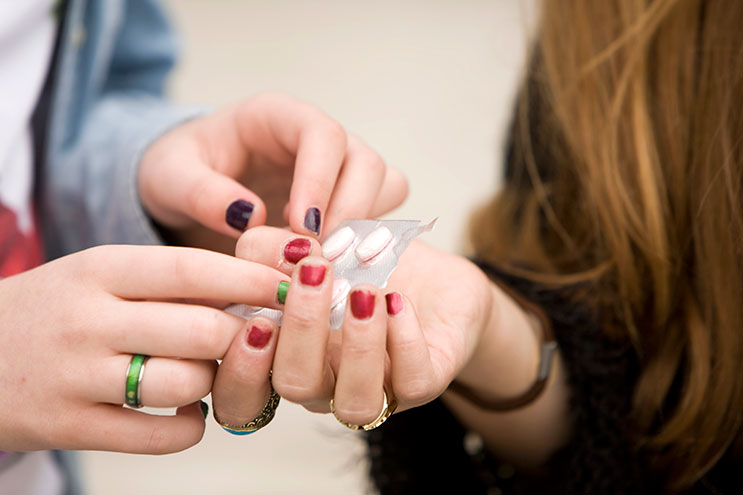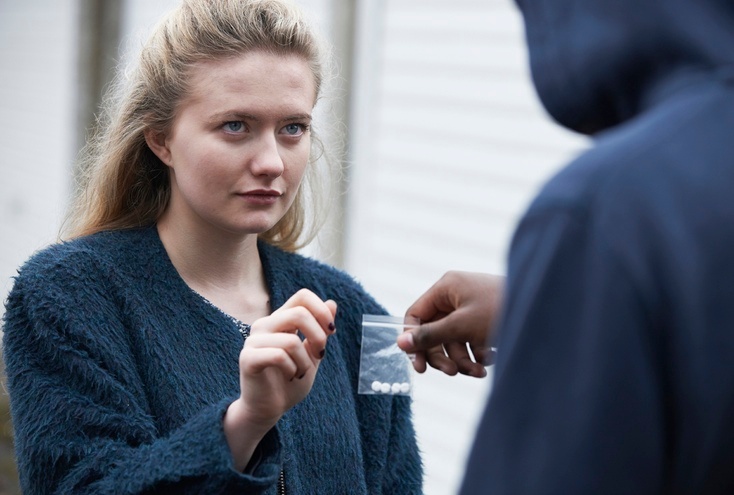As a parent, many things can keep you awake at night. You worry about your kids, their health, and their safety. And that’s why you take protective measures to make sure your home is a safe place for them to live and grow. You make your kids wear their seatbelts, take their vitamins, and put on a helmet before riding a bike.
And if there is a gun in your home, you lock it up in a safe.
What many parents aren’t doing, however, is locking up their prescription medications. And this is an oversight that can have seriously negative repercussions.
Gun Deaths vs Drug Deaths: By the Numbers
Why would a parent lock up a firearm but not their prescriptions? Does a gun pose a greater threat to your family than a pill?
- According to the CDC, deaths due to prescription drug abuse exceed gun-related deaths (both accidental and homicide) by over 300%.
- Reports show that approximately ⅓ of Americans own guns, but nearly ½ % of Americans have used a prescription drug in the past 30 days.
- There are approximately 300 million guns in the United States, but there are more than 4 billion prescriptions written every year.
The most prescribed drugs are also the ones most likely to lead to abuse, addiction, overdose, and death: opioid painkillers, stimulants, and sedatives.
More than 2 million Americans abuse prescription drugs, and this widespread epidemic has caused deaths from prescription drugs to more than double in the past 15 years. Not only do drugs kill more people every year than guns, they also cause more deaths than road accidents in most U.S. states.
How to Protect your Family from Prescription Drug Harm
You know that the gun gets locked in the safe, and that your kids need to buckle up in the car. But how do you protect your family from becoming a prescription drug statistic?
Locking Medicine Storage
If there is a prescription in your home, or one being filled for you at the pharmacy, then you should have a medicine storage solution for it. There are many different ways to lock your meds; some people lock the cabinet their medications are kept in, other options include lock boxes or combination locking caps that fit on the bottles themselves.
Use Medicines as Prescribed
Don’t take medications not prescribed to you, or give medications to a family member that weren’t prescribed for them. The same painkillers that your husband got after his back surgery could have a devastating effect if you give them to your son for a sprained ankle after football practice. Never take prescription medications in a higher dose or more frequently than prescribed.
Keep Track of your Meds
How many painkillers are in that bottle? How many have you taken, and how many are left? Even when you lock up medications, it’s a good idea to track how many have been used. Missing pills are a red flag that someone in your home could be flirting drug abuse, addiction, or overdose.
Dispose of Medications no longer in use
Don’t hold onto pills “just in case” when they are no longer needed or are expired. Purge your medicine cabinets of expired pills or medications that aren’t being used, and properly dispose of them. There are many community based take-back programs that will help you get rid of unwanted medications. If you can’t find one near you, then the FDA has recommendations on the safest ways to get rid of prescription drugs.
Take Prescription Drugs Seriously
The dangers of prescription pills can not be overstated. Pills kill more people each year than guns, or even car accidents. Teen prescription drug use is at an all-time high. A false sense of safety is causing more and more teens to try a prescription drug; which they are easily finding in their parent’s unlocked medicine cabinets.
If keeping your family safe and healthy is a priority, then prescription drug safety should be at the top of your list.
